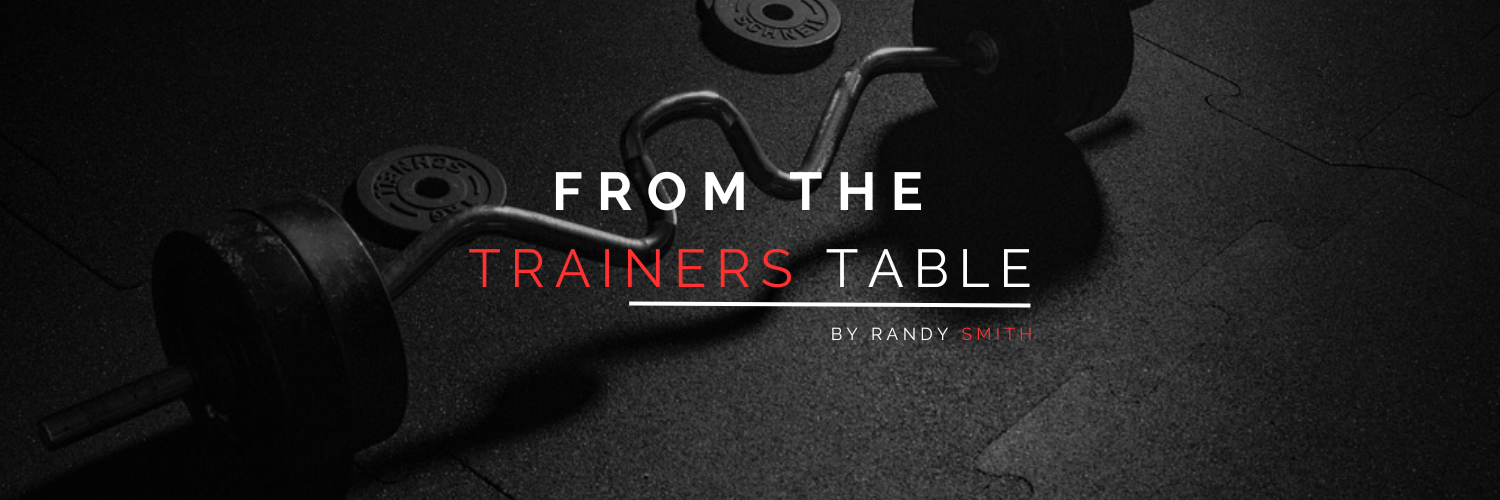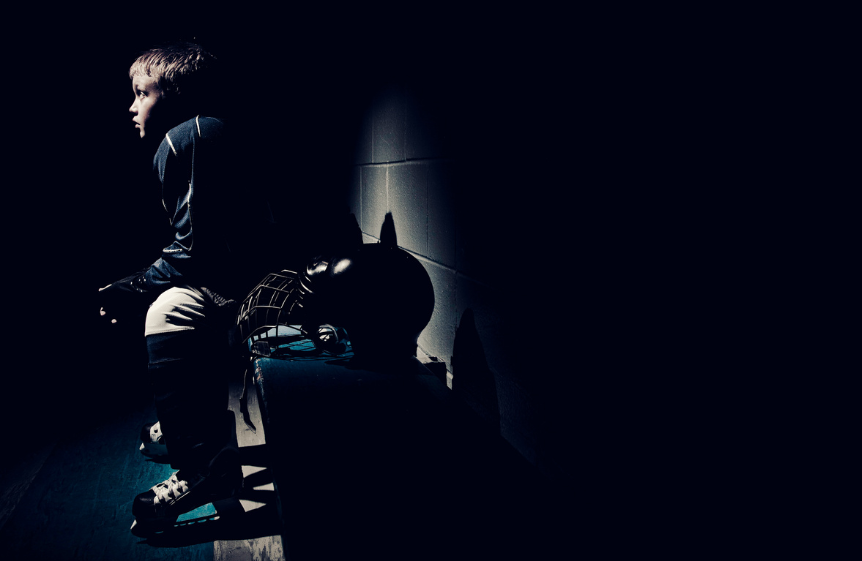The hockey season has come to an end, the marathon of intense training, practices and games is over and it’s time to take a break and recover from the grind. Maybe you have had some bumps and bruises, have suffered from a significant injury, or just need to rest your groin and hips.
During hockey season, most teams will practice two to three times each week and play one to two games as well. Typically, the season goes from mid august to the end of February and longer if you make the play-offs (or even longer if your team is lucky enough to make a deep run!). All in all, that’s seven to eight months of rigorous wear and tear on the body, and if you suffered any injuries during that time, that stress on your muscles and joints is even worse.
In the past few years, I have noticed that the typical off-ice rest period that occurs during the spring and summer off season is being replaced by spring and summer leagues or tournaments, prospect games, and players starting back up skating programs three to four times each week. Essentially, there is a much shorter, or even no off-season for many players, and as a physical trainer, I have seen the physical and mental effects that this can have on young and more experienced players alike. While this additional play can improve your on-ice skills, I feel as though there has been a loss in understanding around the importance of off-ice recovery and strength training, not just in terms of the physical side of the game, but the mental side as well.
While many players can help themselves through this excess time on the skates by consuming a more nutrient dense nutrition program, sadly the majority do not. For the most part, unless you play pro and have access to nutritionists and personalized meals made to account for the increase in practice and play, the majority of players are not eating a diet to account for this additional wear and tear. For the majority of young players especially, their parents may choose a quick, non-nutritional and highly processed meal from a drive thru, especially if they are rushed for time. Of course, this is nothing against the parents, I get it! The time to prep and eat healthy meals is something many parents don’t have, especially if they have multiple children partaking in multiple sports and extracurriculars. Unfortunately for the players however, a habit of these unhealthy meals will just make matters worst, effect your mental sharpness, your performance during practice and games, and slow your recovery.
Another hurdle is good access to a good physio or athletic therapist and massage therapist, which can go along way in helping with your recovery. Unfortunately, unless you are playing pro, you might not have this available to you, and so, injuries might go untreated which makes it hard on the body and on recovery.
We also know that sleep plays a very important part in recovery and training, but for the most part we know the young players will be up playing video games or just trying to get caught up on homework; this will make for very poor recovery and performance.
In my opinion as a personal trainer, instead of trying to join a summer league or get more ice-time, players should treat the off season as an opportunity; one to focus on healthy diet, getting extra sleep and working on a good strength and conditioning program that will strengthen the over used muscles and get the hips and shoulders healthy again.
For the most part, this is not the case, what I am seeing over the last couple of years has me very concerned for the health of these players. Parents are so worried that their child will be left behind if they are not skating as much as their peers, when in fact, they are skating so much they are getting to the point of diminishing returns. I’d like to present an alternative to excess skate time and show athletes (and parents) that there is a better way to do this, but both the player and parents have to buy in to it and support the process.
Here is what I profess. Instead of finding that summer league or power skating summer program, take this opportunity to work with a personal trainer (like myself), and work on your off-ice strength and performance training from the time the season is over and for the length of the summer.
For example, if the season ends in February, I would not have my athletes go back on the ice until June. This gives me three months to rehab any injuries and start to strengthen any over used muscles and get the rest of the body ready and in peak performance for the up coming season.
As for skating, I would start them back on the ice in June but, limit that time to once a week while still working on strength, conditioning and mobility. Then starting in July, I would increase on ice time to twice each week, still doing their strength, conditioning and mobility program.
Then, come august, they would be on the ice three times per week, leading up to their training camp, but still maintaining their strength, conditioning and mobility program.
This training program ideally is supported by a good nutrition program and a good amount of sleep each night. This type of training program would make for a hungrier and more motivated player when the season starts and also protects against burn out over the course of their career. There is a right way to do things and it’s not trying to do more than the next person.
For more details about my off-season training programs, I can be reached at [email protected]. I look forward to hearing and working with you!

